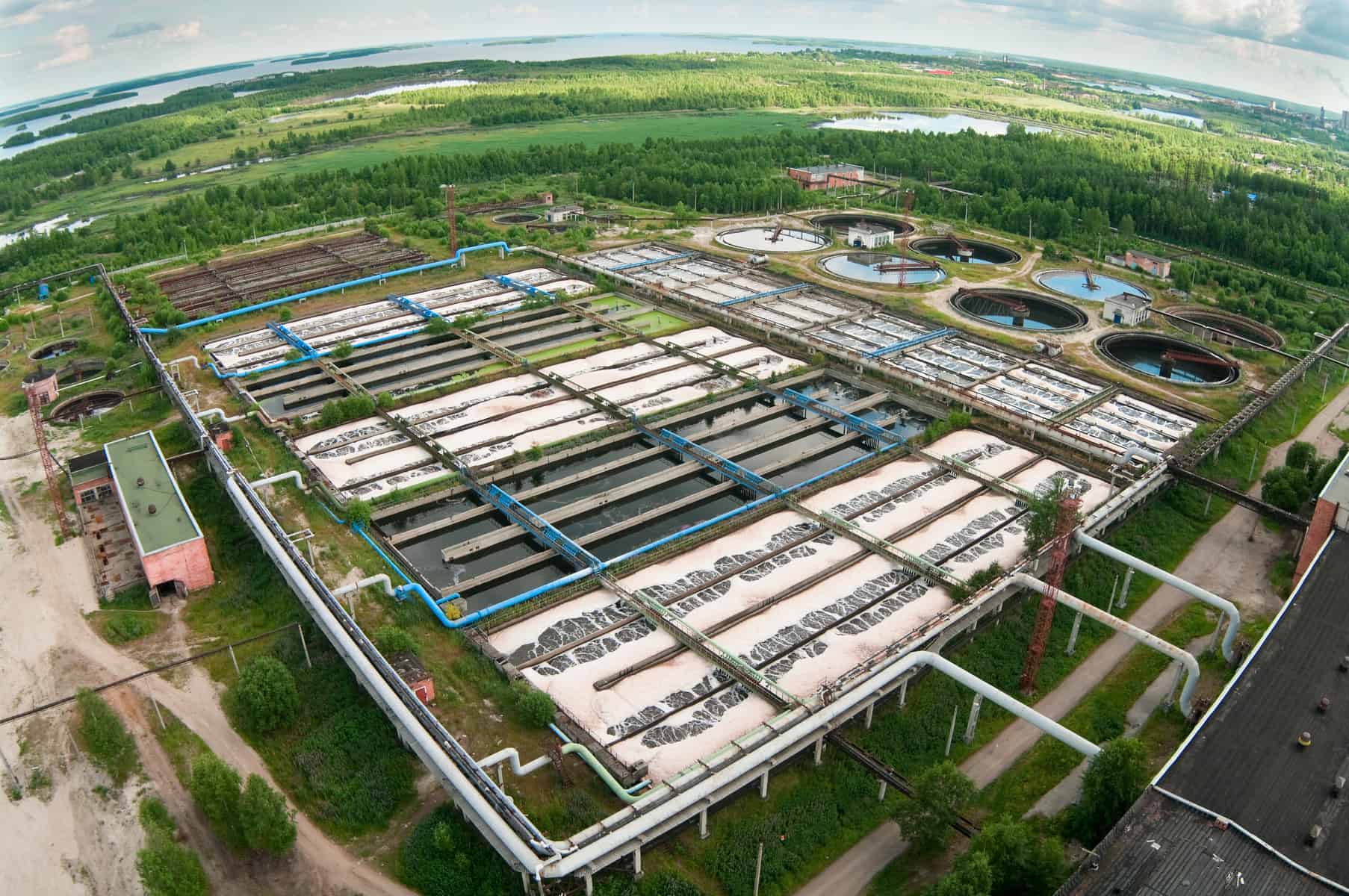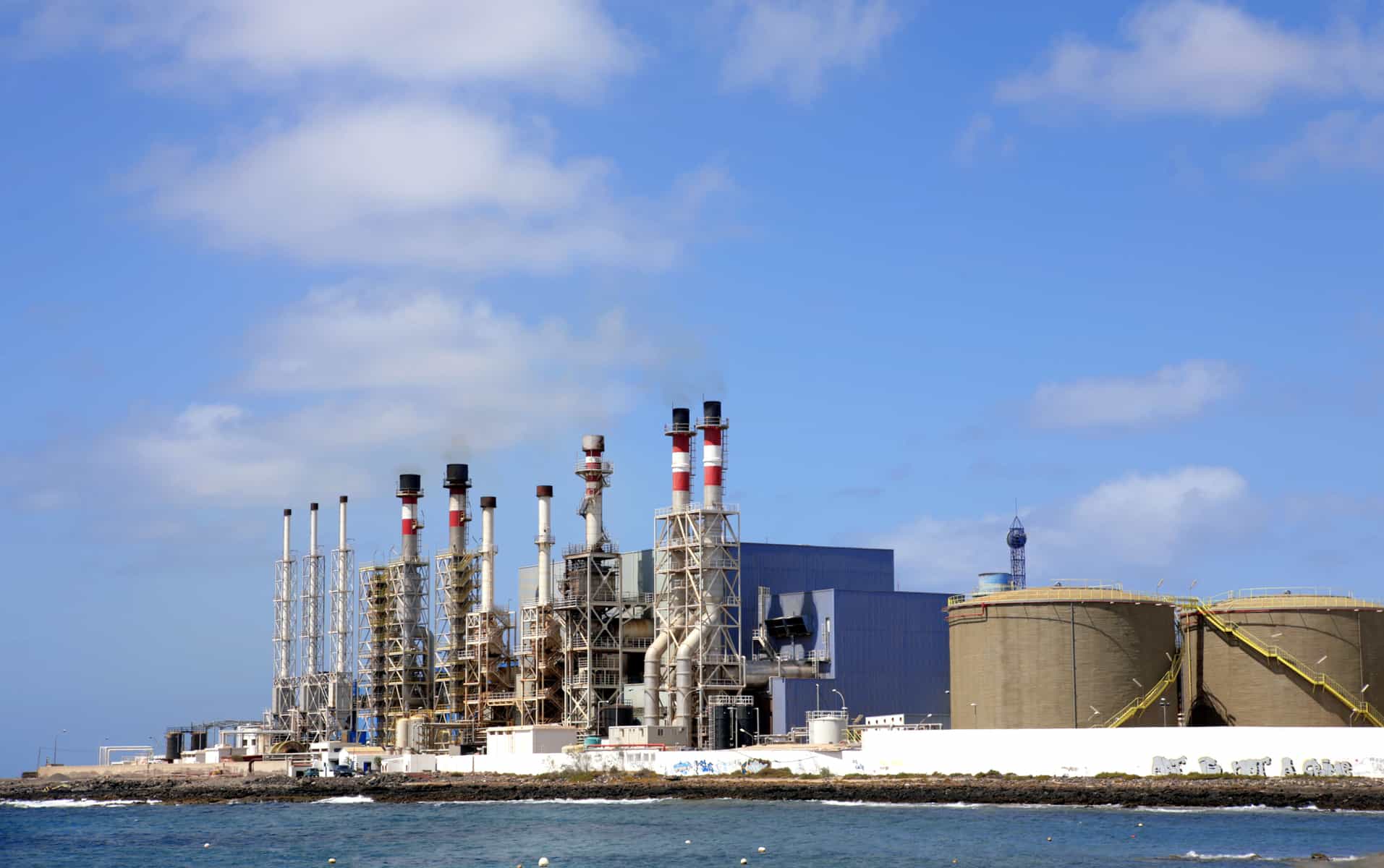Aquaponics

Aquaponics is a sustainable agricultural system that has revolutionized farming, food production, and resource management. Unique due to its combination of aquaculture, cultivation of aquatic organisms with hydroponics, and cultivation of plants in nutrient-rich water, this method has become a promising solution for modern agricultural obstacles. You see, by combining these factors to create a mutually beneficial and closed-loop ecosystem, this food production strategy is able to create a harmonious synergy between fish and plants, representing a remarkable feat of modern agricultural engineering.
Despite only recently regaining popularity, the concept of aquaponics can be traced back to ancient agricultural strategies dating as far back as 2000 B.C. These methods were brought to life by indigenous communities in places like Mexico, South America, and Asia who were known to practice rudimentary forms of integrated farming involving fish and crops. However, it wasn't until the mid-20th century that aquaponics, as we know it today, began to take shape.
One of the early pioneers in developing modern aquaponics systems was agricultural engineer, Dr. James Rakocy. Dr. Rakocy, along with his colleagues at the University of the Virgin Islands, conducted extensive research and experimentation, refining the techniques and principles that underlie contemporary aquaponics. Their success and groundbreaking work laid the foundation for the commercialization and widespread adoption of this sustainable farming method, allowing for communities in most need of creative food production strategies to make the most of what they have available.
Innovative agricultural technology like aquaponics is important because it shows promise in addressing pressing concerns related to water conservation, food security, and land use. These factors are particularly pronounced in land-locked nations where arable land is limited and natural resources are scarce. Singapore, a small island city-state in Southeast Asia, has rapidly become a hub for industry and technology. Consequently they have come to experience rapid urbanization and industrialization. With skyrocketing demand for fresh food and limited space, they take their ability to produce crops very seriously. To achieve a self-reliant food system, Singapore must successfully optimize its limited space to produce as much food as possible with as little waste as possible. These circumstances, in combination with their hesitation to rely on foreign nations for food resources, make aquaponics a compelling solution for any agricultural obstacles.
Aquaponic systems are precisely advantageous in an urban environment because they can be set up vertically or in narrow areas. This allows them to use significantly less land than traditional farming methods. Yet even with room to grow, without a little H2O your cops aren't likely to grow enough to feed millions. Conventional agriculture can be highly water-intensive. Considering Singapore's limited access to water, aquaponics can offer opportunities for conservation by recirculating water between fish tanks and plant beds, allowing them to use as little water resources as possible. To make things even better, aquaponics allows for the year-round production of fresh vegetables, after all, you don't need to rely on the weather when you can create your own little ecosystem. Even the fish can be produced locally, reducing the reliance on food imports and enhancing food security.
As far as sustainability goes, aquaponics has plenty to offer. It is a closed-loop system that minimizes waste by utilizing fish waste as a nutrient source for plant growth, creating a self-sustaining ecosystem. Aquaponics produces minimal soil erosion and reduces the need for chemical fertilizers and pesticides, contributing to a more environmentally friendly agricultural practice. Simultaneously, it showcases the adaptability and resilience of modern agriculture in the face of urbanization and resource scarcity, offering a sustainable path towards a more secure and environmentally responsible food future.
Want to keep learning about how energy technology can help solve the world's most challenging obstacles? Visit Resourcefulness.org and follow us on Instagram! Also, remember to check out Power Trip: The Story of Energy on PBS, Apple T.V., and Amazon Prime.
Image Credits: Power Trip: The Story of Energy/.


